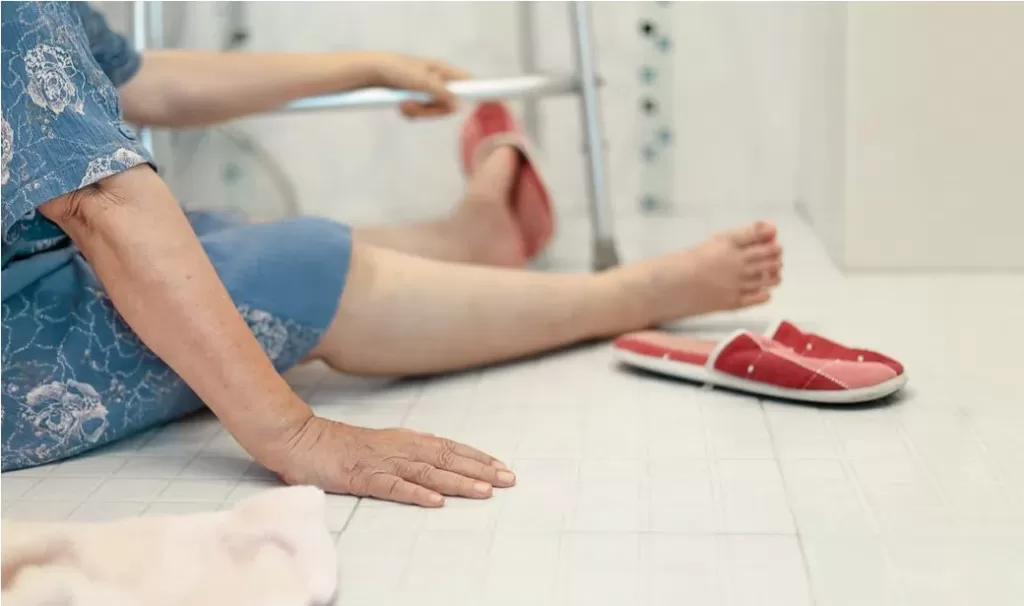Many older people find that they have challenges with low mood or depression, and although they might not feel as able to talk about this with others in the same way as physical health, music can be one of the ways to help support mental health in older adults.
There’s no denying the power of music. It can make us smile or cry. It inspires us to dance and move. It connects us and is the soundtrack to many important moments.
And research shows, music is also a powerful medicine—especially for older adults battling various illnesses.
Music and the brain:
Research has shown that music literally does something to our brains. Music and responses to music are found in all areas of the brain. It can engage the mind and evoke emotions.
Some studies have shown that actively and passively listening to music can improve:
– Cognitive skills and abilities
– Working memory
– Recognition memory
According to the National Institutes of Health, music has the power to evoke strong positive emotions and elevate your mood. Music can lower your body’s level of cortisol, a hormone that can contribute to feelings of stress and anxiety. It can also trigger other chemical reactions in the brain, stimulating positive feelings.
Music and disease and illness:
For ageing adults who have age-related memory issues—such as Alzheimer’s disease or Parkinson’s disease—music has the power to actually bring back memories, slow age-related cognitive decline and improve cognitive processing speed.
When one area of our brain is affected by illness or injury, music cognition remains and the other areas of our brain continue to respond, it has been said. Research also shows that our brain waves automatically synchronize with the music we’re listening to.
Music is also excellent for people with Alzheimer’s because it encourages engagement with the present. Even if they can’t remember current events, Alzheimer’s patients can often move along with a beat and sing lyrics of familiar songs, as shown in music therapy. Music brings back memories and it uplifts mood. It creates a way to interact with loved ones who may be unable to express themselves.
For those battling cancer, music can reduce anxiety, pain and depression. It helps them relax and handle their cancer treatments in a way no medication can. Research has shown that the same neurotransmitter used by our brains to send sensations of pain is also stimulated by sound; when both happen at the same moment, pain may not feel as intense.
Music and caregivers
Few people experience age-related disease or illness alone. It’s also experienced by those who love and care for them. Music can have a powerful effect on caregivers as well.
Music opens up channels for communication and interaction. For families and caregivers, music can provide togetherness and shared positive experiences and facilitate closure and acceptance.
Music can also provide time for family members and caregivers to have a respite break, especially for family members who are the caregivers. The ‘dual role’ of being the family member and caregiver can be mentally and physically exhausting, music gives time for rest and relaxation.
Older adults and caregivers can benefit greatly from music, and it’s something easy you can integrate at home.


